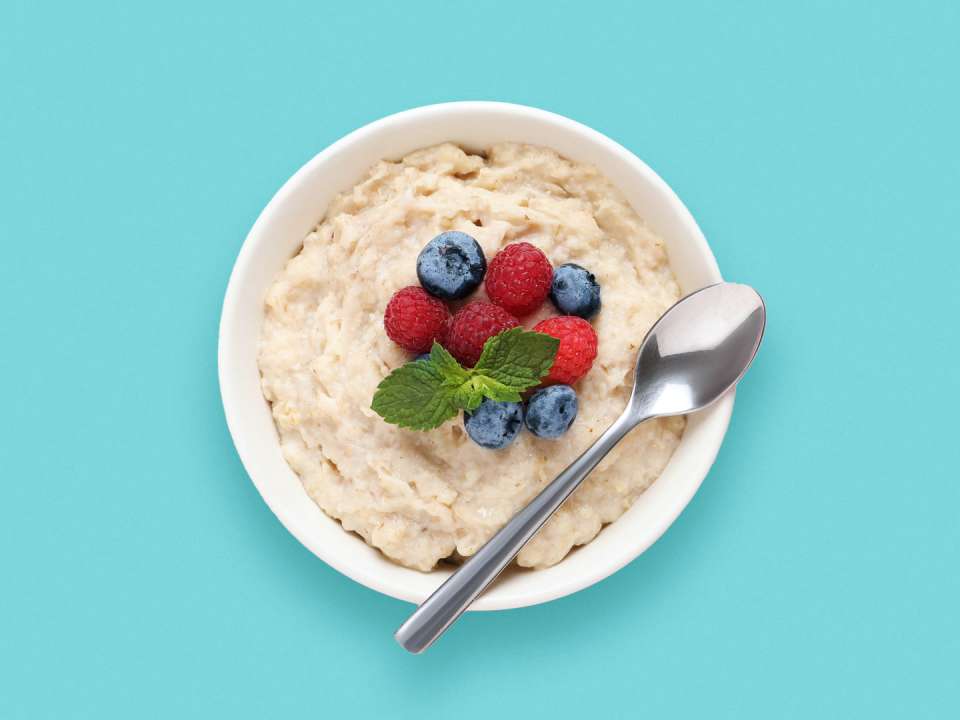
Low-carb. Gluten-free. Count calories. Sugar detox. There are many choices and voices telling us how to lose weight and keep it off.
All these different diet messages cause confusion about what works and what doesn’t when it comes to weight loss, says Ellen Schur, M.D., co-director of the Weight Loss Management Center at UW Medical Center - Roosevelt.
“Losing weight and keeping it off is hard. People really want something that will work,” says Schur. “The reality is there isn’t one simple answer to make the pounds fall off and stay off.”
The hard work of losing weight may be why so many look for a fast fix and jump on the diet trend of the day. Why else would anyone want to try the tapeworm diet? While diets like this are obviously ill-advised for healthy weight loss, other diets that seem safe may actually be bad for your health.
“I’m wary of weight-loss supplements,” says Schur. “Some have stimulants that can be dangerous. Plus there is no evidence that they contribute to permanent weight loss or health improvement.”
Begin with Beverages
To lose a pound a week, you need to cut out 500 extra calories from your diet. An easy way to do this is cutting out the calories hiding in beverages. So-called healthy drinks, such as flavored iced teas, can actually have a large amount of added sugar.
Alcohol is also a big culprit for empty calories. Exchange your sugary soda, flavored coffee or alcoholic beverage for a tall glass of water, and you can cut hundreds of calories out of your day.
Find What Works for You
There are several different ways to do healthy weight loss and not all trendy diets are bad for you. “Going low carb or following the Mediterranean diet can be a healthy and reasonable way to lose weight,” advises Schur. “The problem with these diets is that people have a hard time sticking with them.”
These diets may work well in the short term because when you cut out certain foods, such as those with gluten, you tend to eat less and consume fewer calories. “For some people, a simple change in eating habits will contribute to weight loss,” Schur explains.
In general, the weight loss program that makes the biggest difference is one that works for you and usually includes these factors:
- Reasonable weight loss goal
- Reduced calorie, balanced eating plan
- Regular physical activity
- Behavior change that helps you stay on track
“Just cutting calories won’t work in the long run. Look for a plan that isn’t a dramatic restriction – you want a lifestyle change you can continue,” says Schur. “The hard part isn’t losing weight; it is keeping it off and that often means incorporating exercise into your life.”
Set an Achievable Goal
If you’re unsure what your weight loss goal should be, consider starting small.
“A weight loss of 5 to 10 percent has huge benefits,” says Schur. “Someone who weighs 200 pounds only needs to lose 10 to 20 pounds to reduce diabetes risk, lower cholesterol and blood pressure, and reduce the risk of health problems related to weight. It can also improve symptoms of back pain, heart burn and sleep apnea.”
A version of this article originally appeared in UW Medicine Health.

 Healthy ideas for your inbox
Healthy ideas for your inbox





